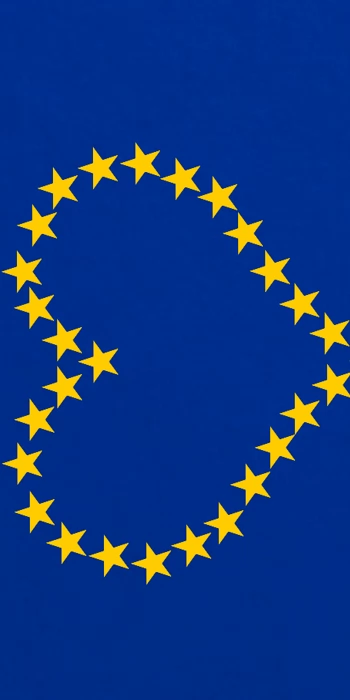Fill in your details and we'll contact you.
We’re committed to your privacy. Mothership uses the information you provide to contact you about our relevant content, products, and services. You can unsubscribe from these communications at any time.

In 2016, almost every European gaming economy spiraled upwards and displayed an increase in revenues compared to 2015. In total, revenues rose by 5.8 percent to $18.9Bn. The Top 5 gaming economies are also in the Top 10 world-wide and are responsible for almost 75 percent of Europe’s and 17.4 percent of global gaming revenues. Germany, Europe’s top gaming economy, ranks at number 4 world-wide, followed by the UK (#6), France (#7), Spain (#9), and Italy (#10).
Last year, Europe’s population grew slightly by 0.35 percent, the 28 member states now have a total population of 510 million inhabitants. The general purchasing power increased almost accordingly from EUR 9.13 trillion in 2015 to EUR 9.18 trillion in 2016.
Generally, the EU games market shows a high player-to-player ratio. Depending on the country, gamers differ in their willingness and ability to spend money on and in games. In Germany, for example, 57 percent of all gamers spend money, with an average of $192 per person. In the UK, players tend to spend a bit more on their hobby: 59 percent buy games or in-game items and with $206 they are more open-handed than their German fellows. With 61 percent, Spain’s player-to-payer ratio is even higher than Germany’s and the UK’s, but with $123 Spanish gamers spend less money averagely.
After a UK referendum in June 2016, British Prime Minister Theresa May triggered a process of splitting the country from the EU. After a two-year period of negotiations, the UK will leave the union in March 2019. The economic effects of the withdrawal are unknown and are subject of speculation at this point. Whether the UK will have access to the EU’s single market is part of the
negotiations and probably won’t get decided in the nearest future. Accordingly, there is no estimating the effects for the British and the EU game markets and what the future holds for affected gaming companies. We will know more on our way to 2019 but for now the UK is still part of the European Union.
Knowledge of different local conditions is essential
As we wrote last year, the European game market as a whole is fragmented in terms of gaming culture, purchasing power, popularity of platforms, or consumer acceptance. That is why we stressed the importance of localization.
During the last year, we could gather first-hand information of how important this really is:
As MOTHERSHIP grew, new people from different countries joined our team. Even though we are an agency located in the center of Europe and we have been quite successful EU-wide, our new colleagues made a huge difference.
First-hand expertise on the different local conditions is of vital importance and our new French and Polish team members provide insights non-native marketers simply don’t have.
If you have any more question about European game marketing, don’t hesitate to get in touch!
MOTHERSHIP Marketing GmbH
contact[at]mothersh1p[dot]de
Fill in your details and we'll contact you.
We’re committed to your privacy. Mothership uses the information you provide to contact you about our relevant content, products, and services. You can unsubscribe from these communications at any time.
Back